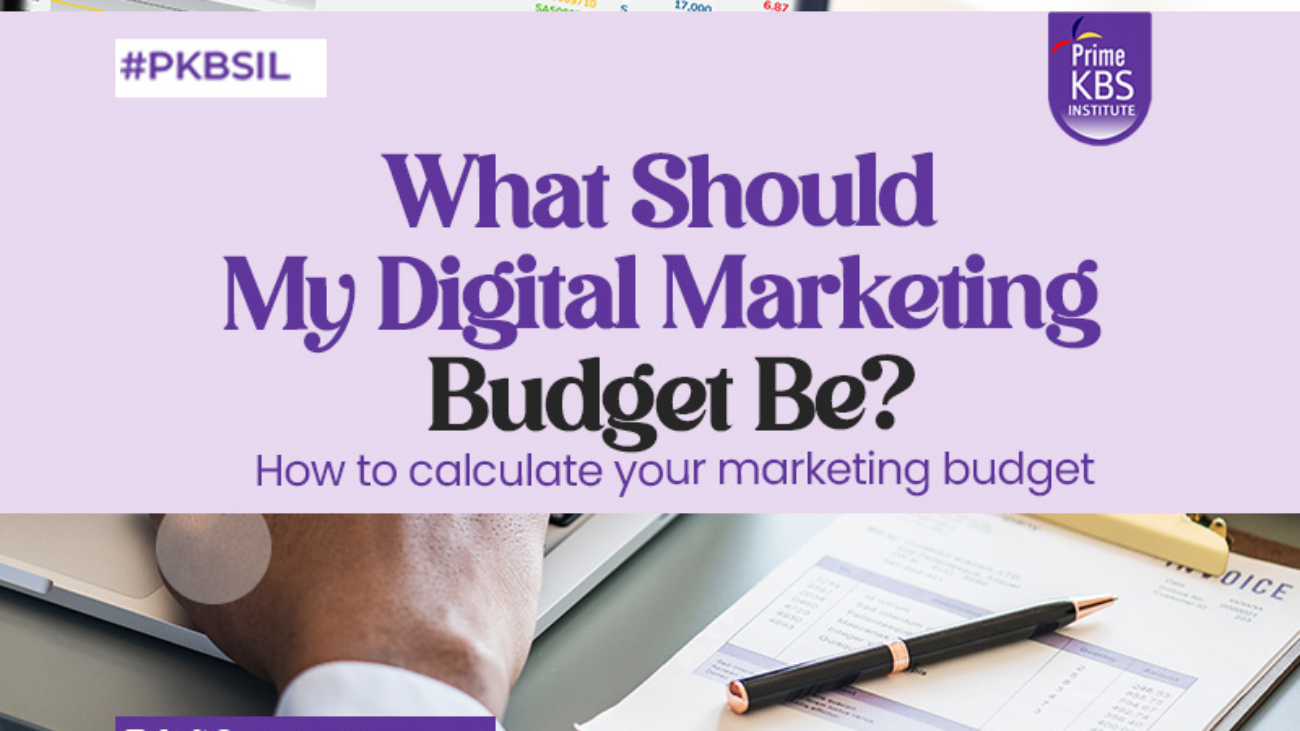As HR consultants, we understand the importance of perspective in solving complex business problems. Every organization is unique, with its own culture, values, and challenges. To be effective consultants, we must be able to see things from our clients’ perspectives and understand the nuances of their operations and industry.
But perspective is not just about understanding our client’s needs. It’s also about recognizing our own biases and limitations and being open to new ideas and approaches. In the fast-paced world of HR consulting, it’s easy to fall into the trap of relying on tried-and-true methods or sticking to our own areas of expertise. But this can limit our effectiveness and prevent us from truly understanding and addressing our client’s needs.
By embracing different perspectives and being open to new ways of thinking, we can unlock the full potential of our clients and help them achieve their goals. Whether it’s by bringing in outside expertise, soliciting input from employees at all levels, or adopting new technologies and practices, there are many ways to expand our perspective and gain a more comprehensive understanding of our client’s businesses.
In short, perspective is a powerful tool in HR consulting. By viewing problems from multiple angles, challenging our assumptions, and staying open to new ideas, we can help our clients achieve their full potential and drive positive change in the organizations we serve.
So, let’s embrace the power of perspective and continue to push the boundaries of what’s possible in HR consulting!





